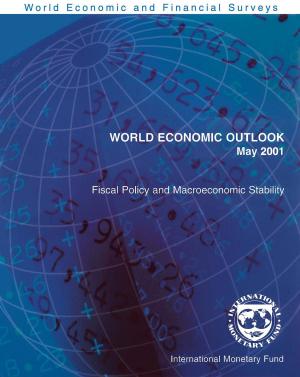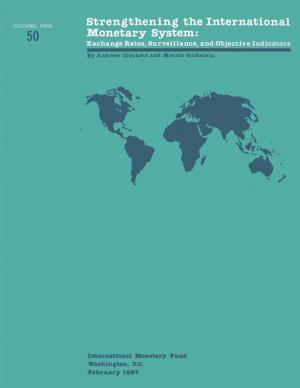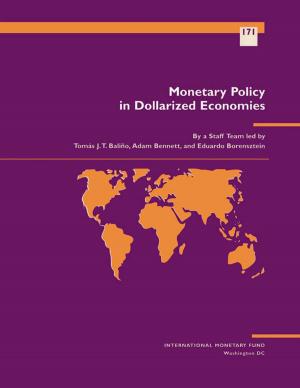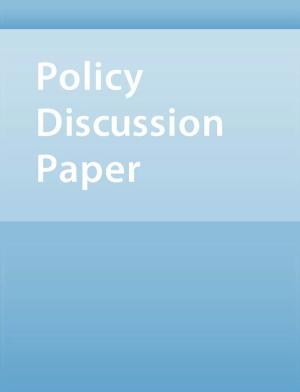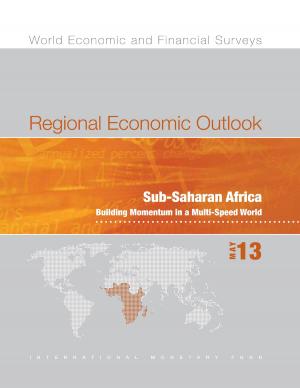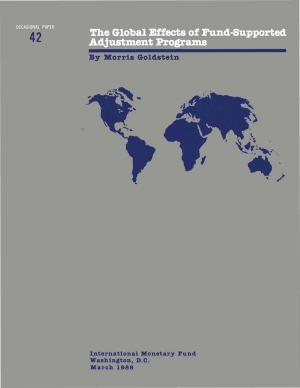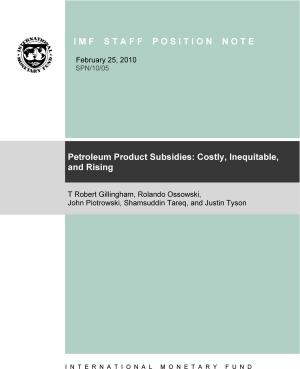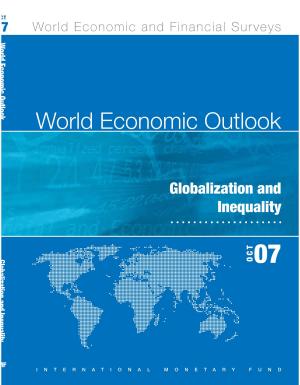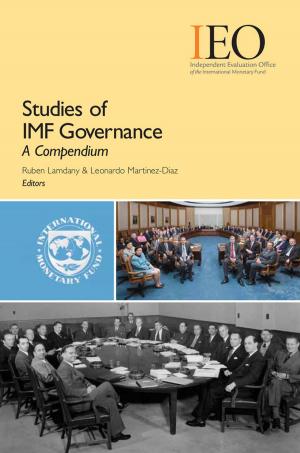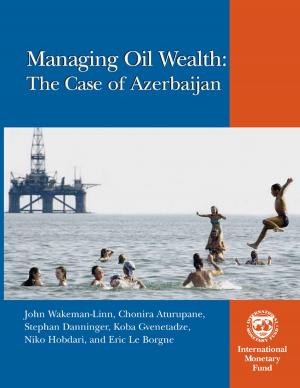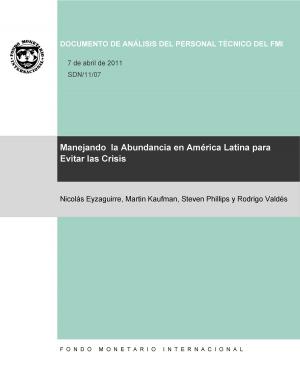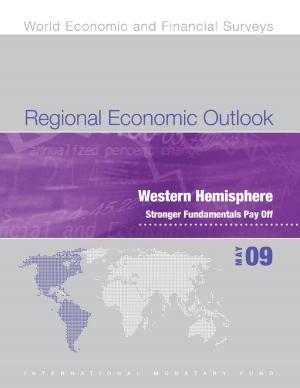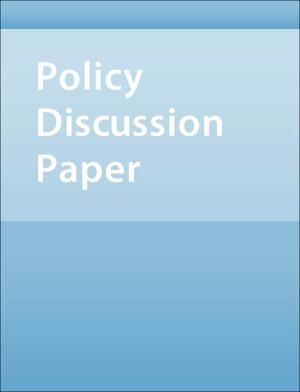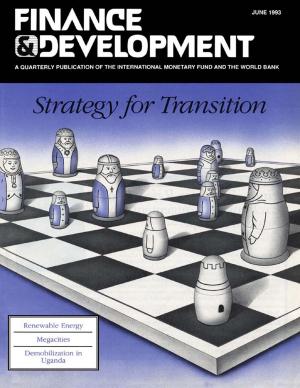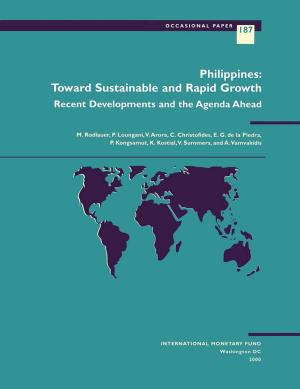Inequality and Unsustainable Growth: Two Sides of the Same Coin?
Business & Finance, Economics, Money & Monetary Policy, Macroeconomics| Author: | Jonathan Mr. Ostry, Andrew Mr. Berg | ISBN: | 9781463984250 |
| Publisher: | INTERNATIONAL MONETARY FUND | Publication: | April 8, 2011 |
| Imprint: | INTERNATIONAL MONETARY FUND | Language: | English |
| Author: | Jonathan Mr. Ostry, Andrew Mr. Berg |
| ISBN: | 9781463984250 |
| Publisher: | INTERNATIONAL MONETARY FUND |
| Publication: | April 8, 2011 |
| Imprint: | INTERNATIONAL MONETARY FUND |
| Language: | English |
This note raises the IMF’s profile on a number of issues related to inequality, unemployment, governance, etc. It builds on earlier empirical work that examined correlations between growth downbreaks/duration of growth spells and a range of macro/policy/institutional factors. This paper is designed to be more accessible, more policy oriented, and focused squarely on the issue of inequality and the sustainability of growth. It will reference the literature that has gained prominence in the wake of the global crisis, and the possible links between the crisis and rising inequality in countries at the epicenter of the crisis. The analytical findings will also be connected to real world policy narratives in certain countries, to provide texture to the results and enhance policy relevance. The paper will argue that, based on the empirical findings, more equality in the income distribution is associated with longer-lived growth spells. Broad redistributive policies are not necessarily pro-growth, however, as these can have strong disincentive effects. The paper’s policy discussion is appropriately cautious, therefore, offering only tentative ideas, for example, active labor market policies and more attention to human capital investments designed to avoid conflicts between efficiency and equity perspectives.
This note raises the IMF’s profile on a number of issues related to inequality, unemployment, governance, etc. It builds on earlier empirical work that examined correlations between growth downbreaks/duration of growth spells and a range of macro/policy/institutional factors. This paper is designed to be more accessible, more policy oriented, and focused squarely on the issue of inequality and the sustainability of growth. It will reference the literature that has gained prominence in the wake of the global crisis, and the possible links between the crisis and rising inequality in countries at the epicenter of the crisis. The analytical findings will also be connected to real world policy narratives in certain countries, to provide texture to the results and enhance policy relevance. The paper will argue that, based on the empirical findings, more equality in the income distribution is associated with longer-lived growth spells. Broad redistributive policies are not necessarily pro-growth, however, as these can have strong disincentive effects. The paper’s policy discussion is appropriately cautious, therefore, offering only tentative ideas, for example, active labor market policies and more attention to human capital investments designed to avoid conflicts between efficiency and equity perspectives.

